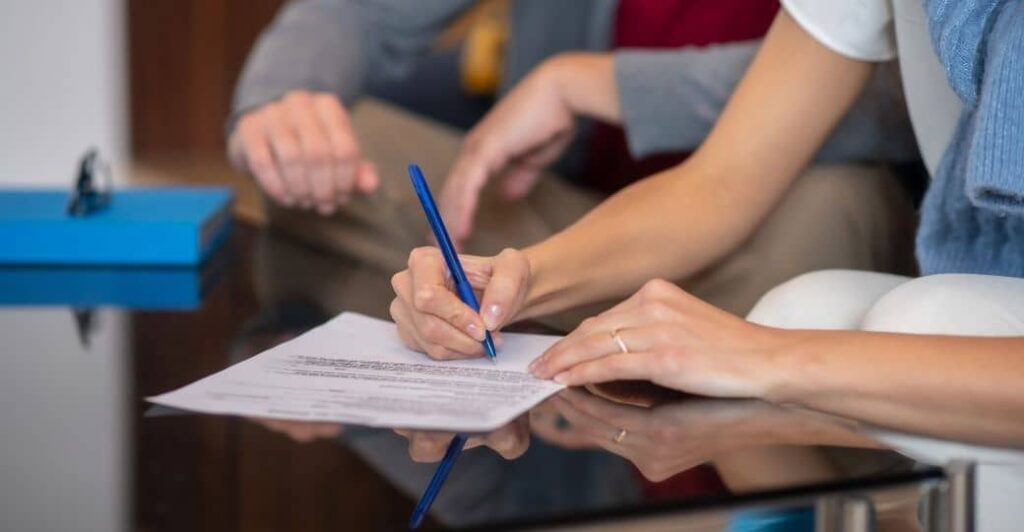
Loving someone who struggles with addiction isn’t easy. You may try everything you can think of to convince them to go to rehab, all to no avail. Sadly, people who struggle with addiction often refuse to go to treatment or deny that their addiction is bad enough to require professional help. If you’re in a situation where your addicted loved one is incapable of making the best decisions for his or her health, you may consider forcing them to go to rehab.
Florida is one of many states that have involuntary commitment procedures that allow friends or family to petition the court for mandated assessment and treatment of a loved one. In fact, Florida makes it very easy to petition for involuntary commitment using the Marchman Act.
The Marchman Act, formally known as the Hal S. Marchman Alcohol and Other Drug Services Act of 1993, is a Florida state law that allows friends, family, and other individuals to petition the court to send a person struggling with addiction for an involuntary assessment and treatment.[1] It was passed as a way to help people who may be refusing treatment due to an altered state of mind to receive the care they need.
A guardian, spouse, or another relative can file for involuntary commitment in Florida. Any three adults who have first-hand knowledge of the person’s substance abuse may also petition the court. Generally, individuals must meet the following criteria in order for the petition to be granted:[2]
If the petition is granted, your loved one will appear for an assessment. The assessment will determine whether or not further treatment is necessary as well as what kind of treatment (inpatient or outpatient) is recommended. The judge will then review the assessment and file an order for court-mandated rehab. The standard period of time ordered for rehab is 90 days.
If your loved one leaves the rehab facility before the 90 days are up, law enforcement will be notified and they may arrest your loved one or take them back to treatment.
Before trying to petition the court for involuntary commitment, it’s best to try and convince your loved one to go to treatment voluntarily. But, if your loved one meets the above-listed criteria and actively refuses to get help, you have the option to head down to your local county clerk’s office and file a petition.
The process works like this:
Once your paperwork is processed, a court hearing will be held within 10 days. If the judge grants the petition, law enforcement will serve your loved one with a Marchman Act order. Your loved one will be given the option to go to the treatment facility for a voluntary assessment, but if they refuse, they may be taken involuntarily.
Just because treatment is court-mandated doesn’t mean it is free. It’s important to choose a rehab center that is in-network with your loved one’s health insurance or prepare to help your loved one pay for rehab, yourself. If your loved one and you don’t have the means to pay for treatment, your loved one may be added to the list to attend a state-funded or county-funded rehab facility.
It’s also important to remember that court isn’t free, either. You will be responsible for paying any court costs and processing fees that accrue. In some cases, it is ideal to hire an attorney to assist you with the process. An attorney can ensure that the fees you are paying are fair and that you fill out the petitioning paperwork correctly.
Michael Herbert, The Recovery Guide, has more than 30 years of experience working closely with individuals and families dealing with addiction and recovery issues. He is a seasoned Coach and can help you and your family establish long-term goals and access the tools you need for continued abstinence and recovery for the entire family. Get in touch with Michael today at 561-221-7677 to schedule an appointment.
References: